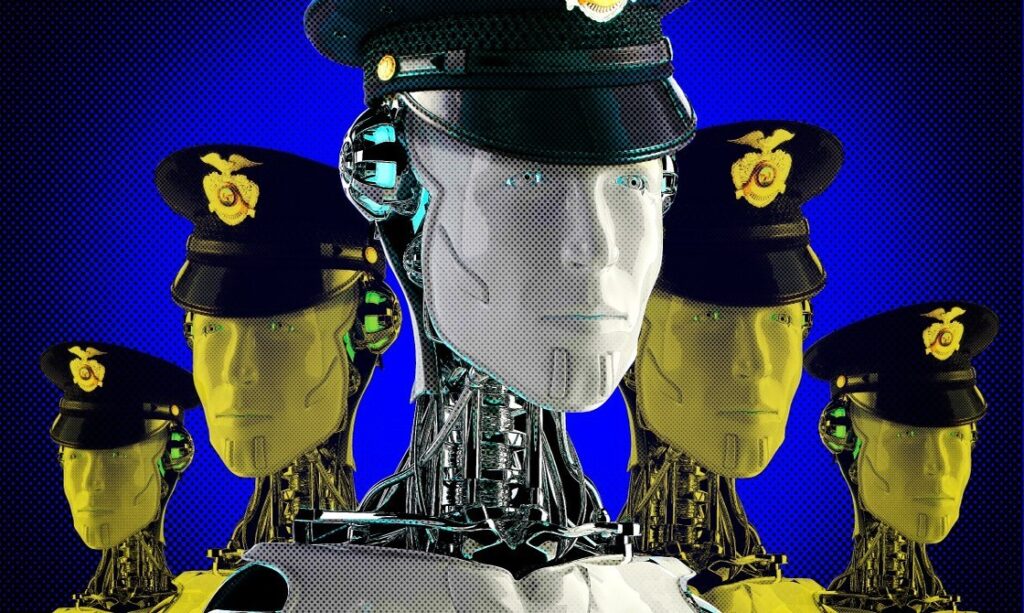
The significance of artificial intelligence and its subsequent components has long been recognized. They are viewed as tools and methods for making the world a better place. Humans benefit greatly from these technologies, which are designed to reduce human work as much as possible. They are more likely to be able to work in an automated manner for the greater good of society.
As a result, while operating parts related with this technology, manual intervention is the last thing that may be requested or seen. These devices are designed to accelerate routine activities and processes while maintaining a high level of precision and accuracy. These technologies and applications are having a positive impact on numerous industries, in addition to making the world a more error-free place with their improved techniques.
Artificial intelligence is slowly but steadily improving as a tool for punishing criminals and preventing illegal behaviour. Many law enforcement agencies throughout the world are preventing crime with the most up-to-date solutions. Facial recognition is one such option, which is being widely used in a variety of areas other than law enforcement to preserve security. In police, artificial intelligence is a framework that is assessed by computers. It can also be used to make decisions about final decisions. It is the technology that has the most potential in terms of criminal detection in the future.
The findings of this Analytics Insight research aim to share the future of AI cops in India, as well as the impact of artificial intelligence and the role of technology in maintaining law and order in India.
Geographical Location
Artificial intelligence is growing in India, spanning every industry and expected to drive income in the future. Each metropolitan metropolis has several tech-savvy hubs that have implemented digital transformation and cutting-edge technologies. According to the results of the poll, out of 251, the northern area of India has the most responders.
According to geographic geography, 34.60 percent of the 251 respondents were from the north of India, with the western region coming in second with 21.40 percent. South India came in third place with 24.70 percent of the vote, while Eastern India had the lowest number of respondents with only 19.30 percent of the vote.

| North | 34.6% |
| South | 24.7% |
| East | 19.3% |
| West | 21.40% |
By Industry
Artificial intelligence’s smart features are the reason for increased productivity across many industries in India. In Industry 4.0, AI has prompted firms to increase productivity and fulfil consumer satisfaction by minimising potential human errors. According to the survey, 251 people work in various sectors throughout the world, with the Information Technology and Service sector employing the most people.
According to the study, the Information Technology and Software industry had the most responders with 32.70 percent, followed by the education industry with 26.50 percent and the business sector with 10.20 percent. 8.20% of the respondents worked in the banking and financial industry. A large majority of responders follow it in a variety of industries, including agriculture, automobiles, media & entertainment, healthcare, defence, and construction.

| Information Technology & Services | 32.7% |
| Education | 26.5% |
| Business | 10.2% |
| Banking, Finance, and Insurance | 8.2% |
| Agriculture | 6.4% |
| Automobile | 4.3% |
| Media & Entertainment | 3.7% |
| Healthcare | 3.1% |
| Defence | 2.9% |
| Construction | 2% |
As a result, it can be argued that India’s law enforcement department would be able to use AI cops to safeguard residents and cut crime rates in the country in the near future.




